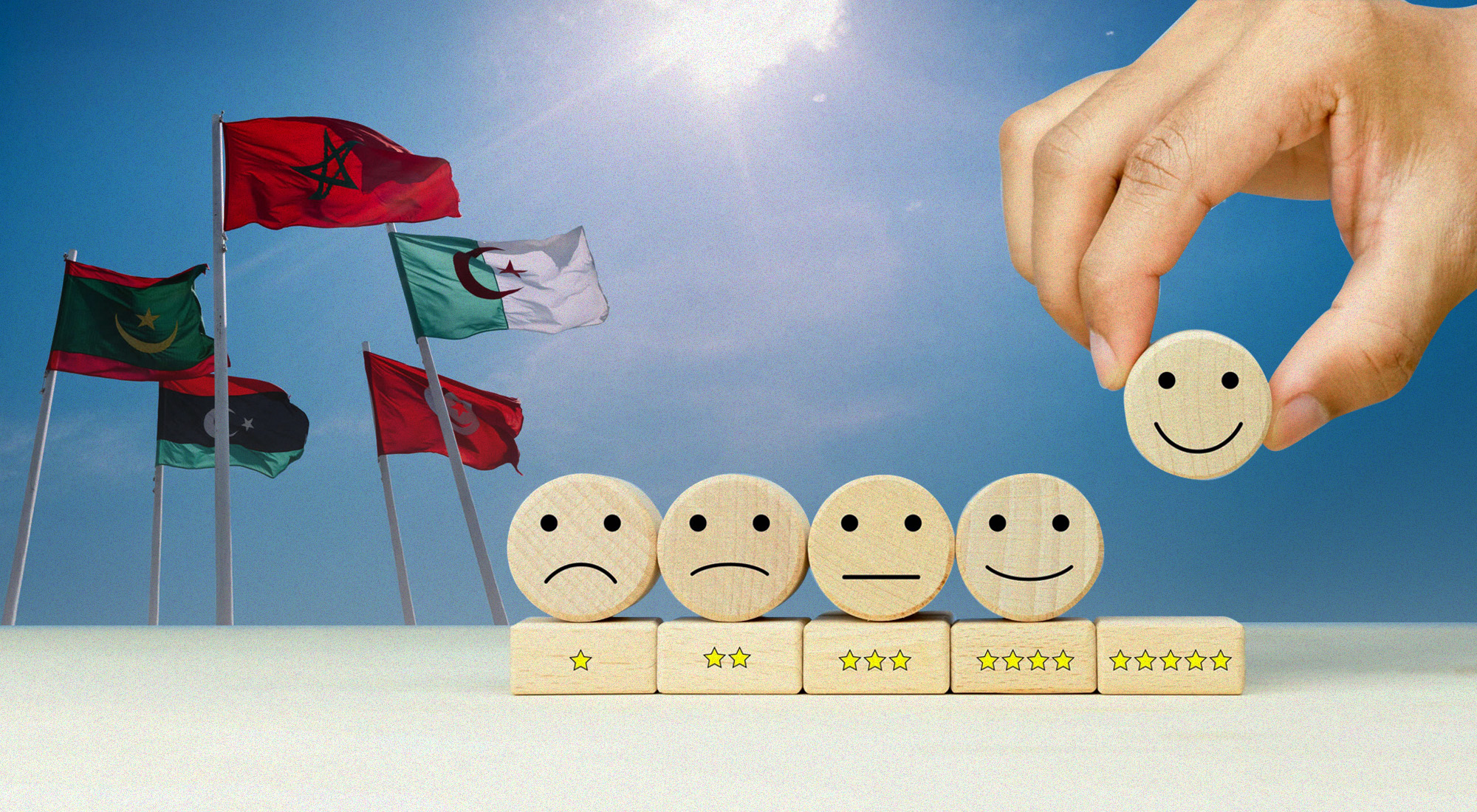Bullying can have serious long-term effects on the children involved. School officials, teachers and parents have a responsibility to prevent it from happening and to take an action to correct this behavior and ensure interventions is available. Having a policy in place, parents and schools will have a greater understanding of how to identify and resolve the problem.
In a research published in RAND titled “Peer Victimization in Fifth Grade and Health in Tenth Grade” information was gathered from 4297 children who were surveyed as fifth, seventh, and tenth graders in 3 cities and it examined longitudinal associations of bullying with mental and physical health from elementary to high school, comparing effects of different bullying histories.
Key findings:
• A youth who has been bullied show worst mental, physical health and low self-worth.
• Health consequences were the worst for youth who had both past and present bullying experiences.
The extensive study suggested that recognizing bullying early will help professional intervene to prevent the adverse health spiral for youth who are repeated targets (Published in: Pediatrics, v. 133, no. 3, Mar. 2014, p. 440-447).
Bullying statistics is an organization that reports on all forms of bullying and its c consequences on youth, reported that there is a link between suicide and bullying among teens. ABC News reported that nearly 30 percent of students are either bullies or victims of bullying and a study found that 160,000 kids stay home from school every day because of fear of bullying
In Arab culture, talking about being bullied is considered embarrassing. Bullying does not even have an alternative meaning in Arabic language. Young school children usually do not want to talk about it and parents sometimes even encourage children to respond with violence and put an end to the issue using their own hand.
The UAE lacks official statistics to evaluate the prevalence or extent of bullying or cyber bullying. The fact that the region has one of the world’s highest internet and mobile penetration levels raises its potential risk of cyber bullying. In a survey taken by some students attending private schools, nearly one in five children were bullied in UAE schools.
An Al Ain mother tells of her family’s pain after daughter was cyber bullied and she was on a suicide watch, the young twelve year old refuses to eat or live because of continuing incidents of cyber bullying in 2014 school year. Abu Dhabi schoolgirl Lujain Hussein makes full recovery after bullying assault incident. Lujain was eleven year old when a group of boys pushed her into a wall at her school in April 2012. Doctors believe a pre-existing condition was triggered by the attack and caused a brain hemorrhage. ADEC is currently investigating a claim filed by a father after his son came home with marks proving that he was beaten at his Abu Dhabi school. That incident was never reported to the authorities until the father came forward and filed a police report.
An online bullying survey was commissioned by Microsoft in 2012 and concluded that the UAE has the lowest online bullying rate among the twenty-five countries surveyed. The survey also found that offline bullying is more common (81%). Four in ten children know a lot or something about online bullying and 31% report they are concerned about it.
Professor Louise Arseneault, senior author of “Adult health outcomes of childhood bullying victimization: Evidence from a 5-decade longitudinal British birth cohort said: “We need to move away from any perception that bullying is just an inevitable part of growing-up. Teachers, parents and policy-makers should be aware that what happens in the school playground can have long-term repercussions for children. Programs to stop bullying are extremely important, but we also need to focus our efforts on early intervention to prevent potential problems persisting into adolescence and adulthood.” (Takizawa R, Maughan B, Arseneault L. is published in the American Journal of Psychiatry). Dr Takizawa found that the long term negative effect of bullying followed those even when they became adults and as a result, those who were bullied in childhood were more likely to have poorer physical and psychological health and cognitive functioning at age 50 and they were at higher risk of mental and psychological problems like depression, anxiety and suicidal thoughts.
Making our schools more welcoming to children and creating the safe environment where learning can take place without fear of being bullied or intimidated should be on the national agenda. Spreading awareness and applying an education program in all schools about the impact of bullying and ways to stop it is the only way to raise a future community of leaders with self-respect and high confidence.








